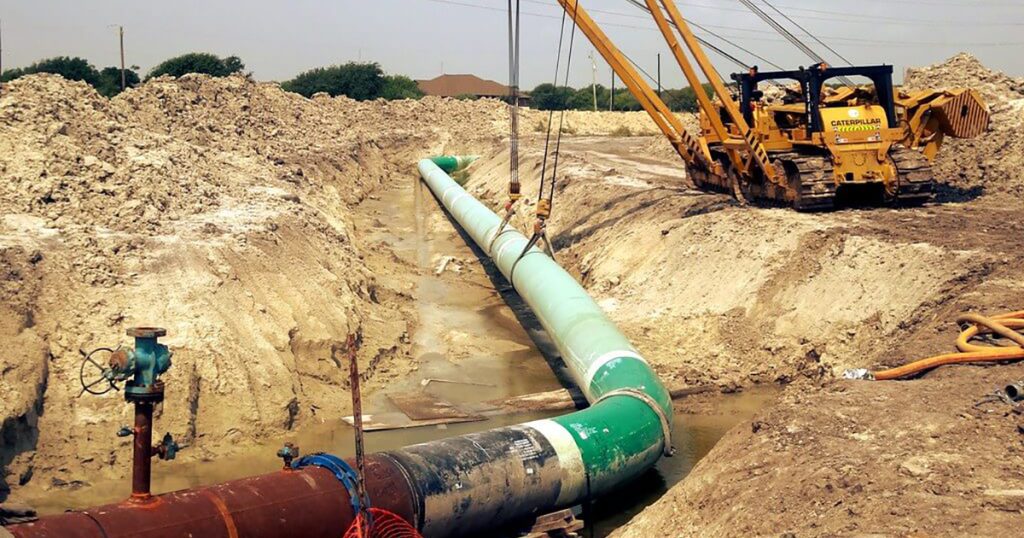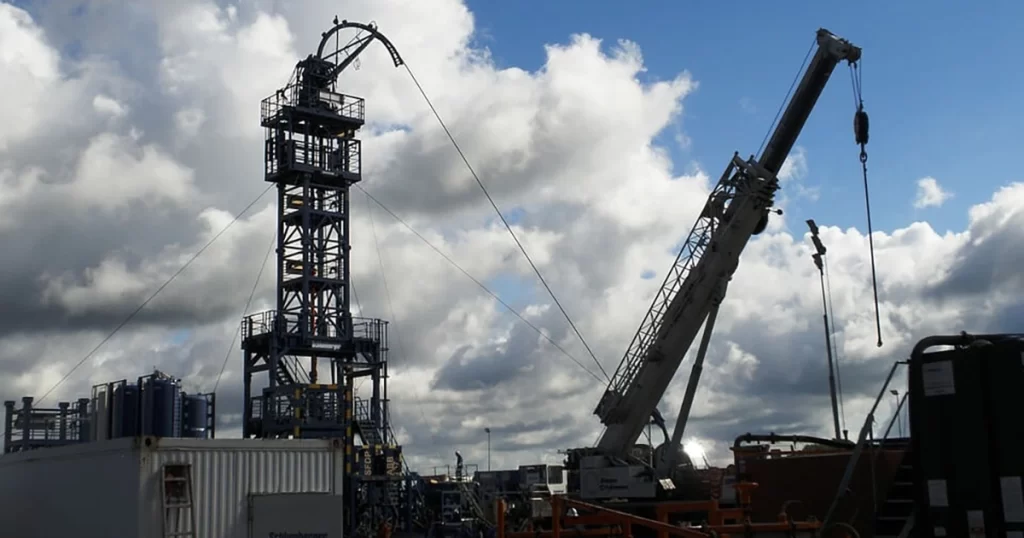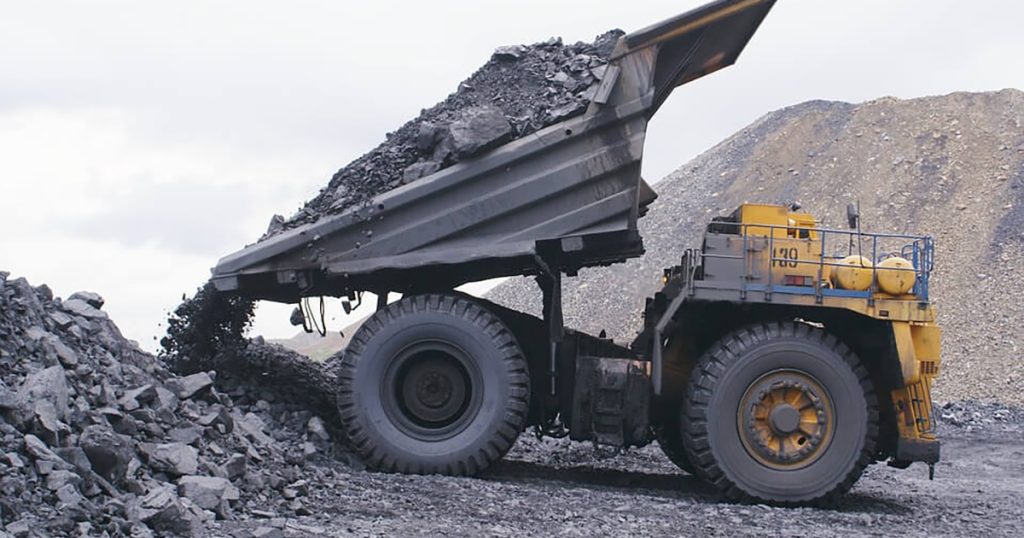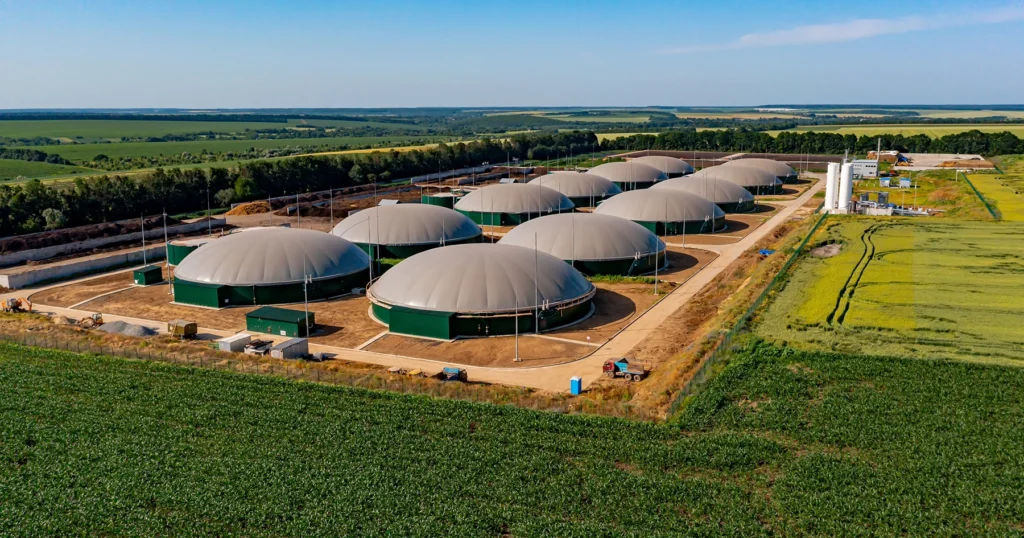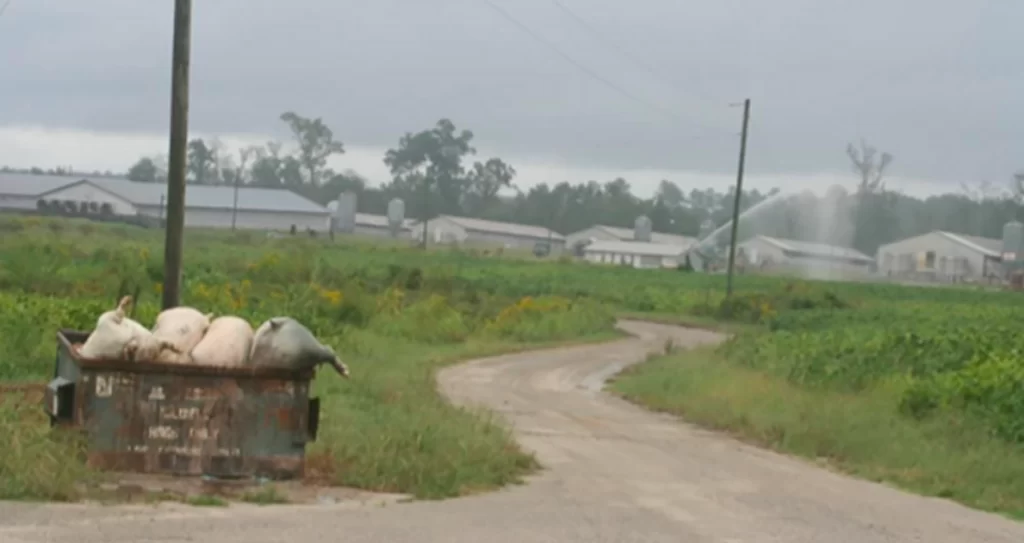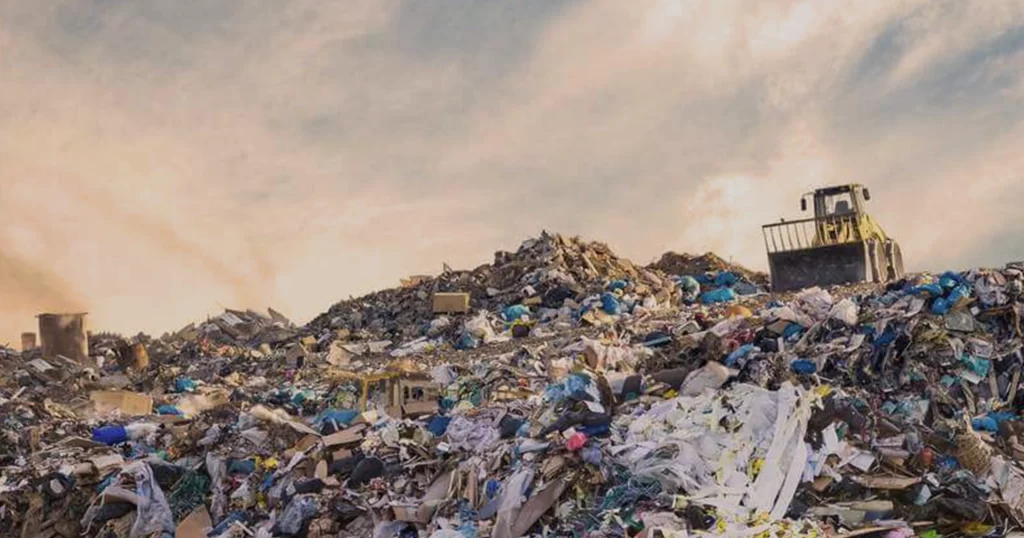Exposure to Environmental Harms
Exposure to environmental harms refers to the disproportionate burden of environmental hazards—such as pollution, toxic waste, and harmful chemicals—that marginalized communities face. From an environmental justice perspective, this issue is deeply intertwined with systemic inequities in race, class, and geography. Communities of color, low-income populations, and Indigenous peoples are often located in or near areas where industries discharge pollutants, where waste disposal sites are situated, or where environmental regulations are weakly enforced. These groups bear the brunt of exposure to harmful substances that increase the risk of health problems like respiratory issues, cancers, and developmental disorders, exacerbating existing social and economic vulnerabilities.
Environmental justice advocates seek to address the root causes of these disparities, challenging the structural inequalities that allow certain communities to be sacrificed for industrial or economic gain. This means not only fighting for stronger regulations and cleaner environments but also ensuring that marginalized groups have a voice in decisions that affect their neighborhoods and well-being. Environmental justice is, at its core, about the fair distribution of environmental benefits and burdens, and exposure to environmental harms represents one of the starkest examples of how some communities are systematically denied this equity.

“Climate change and fossil fuel–generated air pollution have disproportionately harmed people of color and low-income communities.”

“Air pollution from fine particulates such as soot, dust or smoke causes roughly 85,000 to 200,000 additional deaths in the United States each year. … That deadly toll is disproportionately endured by communities of color, regardless of geography and economic standing.”

“In the Carolinas, ‘low-income Black communities are already experiencing greater inland flooding. …. Inland flooding is 7 times more likely to occur in low-income Black communities compared to high-income white communities.”

“Majority Black and Latino communities that received the worst grades under a racially discriminatory federal housing program known as redlining have nearly twice as many oil drilling wells as mostly White communities”
Nature.com – 2022
Fossil Fuels
Fossil fuel extraction and infrastructure—such as pipelines, fracking sites, and coal ash disposal—intensify these environmental harms, disproportionately affecting marginalized communities by contaminating their air, water, and soil. These practices not only contribute to climate change but also pose immediate threats to public health, with toxic chemicals from fracking, pipeline leaks, and coal ash waste often leading to long-term environmental degradation and severe health risks for nearby residents.
Climate Change
Climate change further exacerbates these inequities, as marginalized communities are more vulnerable to the impacts of extreme weather events such as heat stress, flooding, and hurricanes. With limited resources and inadequate infrastructure, these populations face heightened risks from rising temperatures, severe storms, and sea level rise, deepening the cycle of environmental harm and social injustice.
- Heat Stress
- Flooding
- Extreme Weather Events
Industrial Agriculture
Industrial agriculture, including the production of biofuels, wood pellets, biogas, and Concentrated Animal Feeding Operations (CAFOs), contributes significantly to environmental harms by emitting greenhouse gases, polluting waterways, and degrading land. These practices often place an outsized burden on nearby rural and low-income communities, who suffer from the air and water contamination, odors, and health risks associated with large-scale agricultural pollution.
- Biofuel / Wood pellets
Military Industrial Complex
The military-industrial complex, through military bases, weapons manufacturing, mining, and the environmental destruction caused by war and occupation, disproportionately harms marginalized communities both domestically and abroad. Additionally, the intertwined systems of the prison industrial complex and police violence further exacerbate environmental and social injustices, as over-policed and incarcerated communities often live near toxic sites, while militarized policing enforces oppressive structures that prioritize profit and control over human and environmental well-being.
- Military Bases
- Weapons Manufacturing & Mining
- War & Occupation
- Prison Industrial Complex
- Police Violence
Landfills/Waste Management
Landfills and waste management facilities are frequently placed near low-income communities and communities of color, exposing residents to harmful chemicals, air pollution, and groundwater contamination. These waste sites contribute to long-term environmental degradation, reinforcing patterns of environmental injustice where the most vulnerable populations bear the brunt of society’s waste and industrial byproducts.
